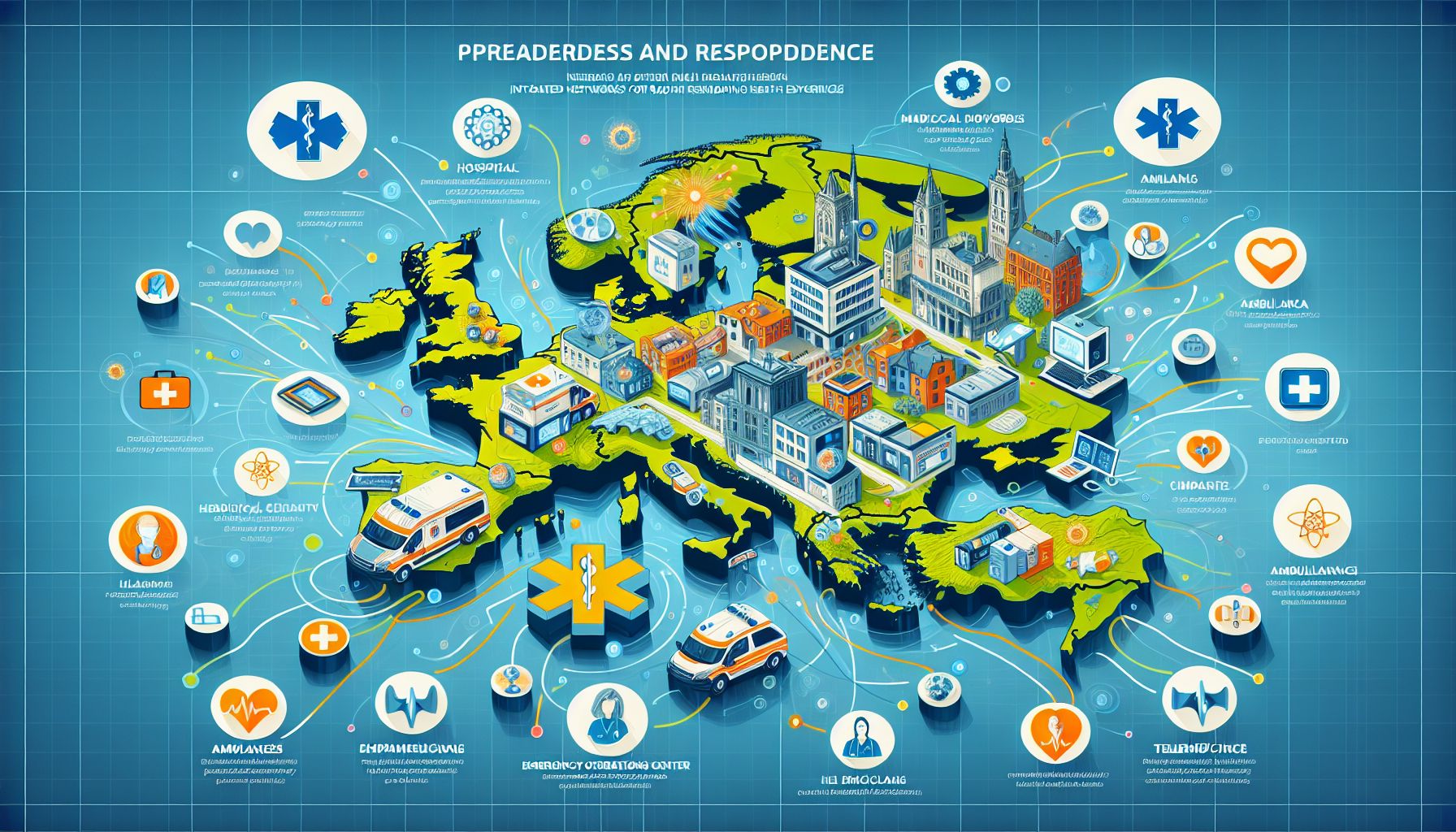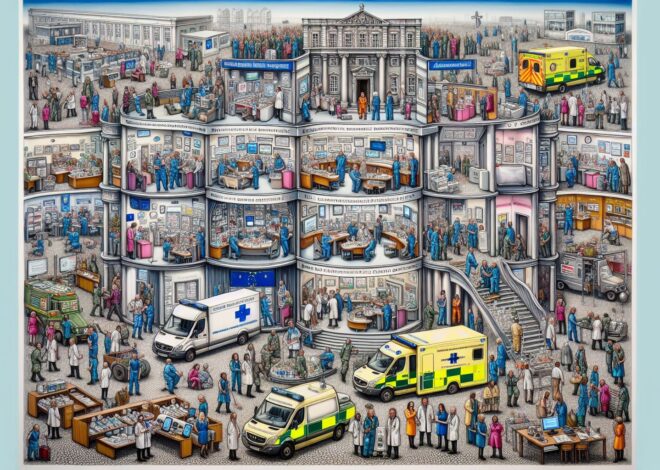
European Health Systems: Preparedness and Response
In light of recent global health crises such as the COVID-19 pandemic, the preparedness and response of European health systems have come under scrutiny. Health professionals, policymakers, and concerned citizens alike are evaluating the effectiveness of these systems in handling emergencies and ensuring the well-being of their populations. In this article, we will explore the challenges faced by European health systems, the measures taken to enhance preparedness, and the response strategies deployed during times of crisis.
Preparedness
Preparedness is a vital aspect of any health system, as it ensures the ability to respond swiftly and effectively to emergencies. European health systems have made significant strides in enhancing their preparedness over the years. Investments in infrastructure, training of healthcare professionals, and the development of response protocols have all contributed to improving readiness. Additionally, the establishment of organizations such as the European Centre for Disease Prevention and Control (ECDC) has facilitated coordination and information-sharing among member states.
Despite these efforts, challenges remain. One major issue is the lack of standardized protocols and communication mechanisms across European health systems. This can lead to gaps in information sharing and coordination during a crisis. Furthermore, the varying levels of preparedness among member states can create disparities in response capabilities. It is imperative that European health systems continue to work towards harmonizing their preparedness efforts to ensure a cohesive and effective response.
Response
The response of European health systems during emergencies is a critical aspect of their effectiveness. The COVID-19 pandemic served as a real-world test of these systems, highlighting both strengths and weaknesses. One key strength was the ability of European health systems to quickly mobilize resources and adapt to the evolving situation. Hospitals were able to increase bed capacity, healthcare professionals worked tirelessly to treat patients, and collaboration between countries helped in the sharing of best practices.
However, there were also areas where the response fell short. Some health systems struggled with shortages of essential supplies such as personal protective equipment and ventilators. Others faced challenges in managing surges in cases, leading to overwhelmed healthcare facilities. The importance of agility and flexibility in responding to emergencies was underscored, emphasizing the need for continuous assessment and improvement of response strategies.
Recommendations
For health professionals, ongoing training and education are key to maintaining preparedness. Regular drills and simulations can help identify gaps in response capabilities and ensure that healthcare teams are well-equipped to handle emergencies. Additionally, collaboration with colleagues across borders can provide valuable insights and lessons learned from different experiences.
Policymakers play a crucial role in shaping the preparedness and response of European health systems. Investments in healthcare infrastructure, research and development, and public health programs are essential to strengthening the resilience of these systems. Furthermore, the harmonization of protocols and guidelines among member states can enhance coordination and facilitate a more cohesive response during crises.
Concerned citizens also have a role to play in supporting the preparedness and response of European health systems. By adhering to public health guidelines, staying informed about the latest developments, and advocating for robust healthcare policies, individuals can contribute to the collective effort to safeguard public health.
In conclusion, the preparedness and response of European health systems are complex and multifaceted. While significant progress has been made in enhancing readiness, challenges persist that require ongoing attention and collaboration. By working together, health professionals, policymakers, and concerned citizens can help ensure that European health systems are well-prepared to face future emergencies and protect the health and well-being of their populations.



